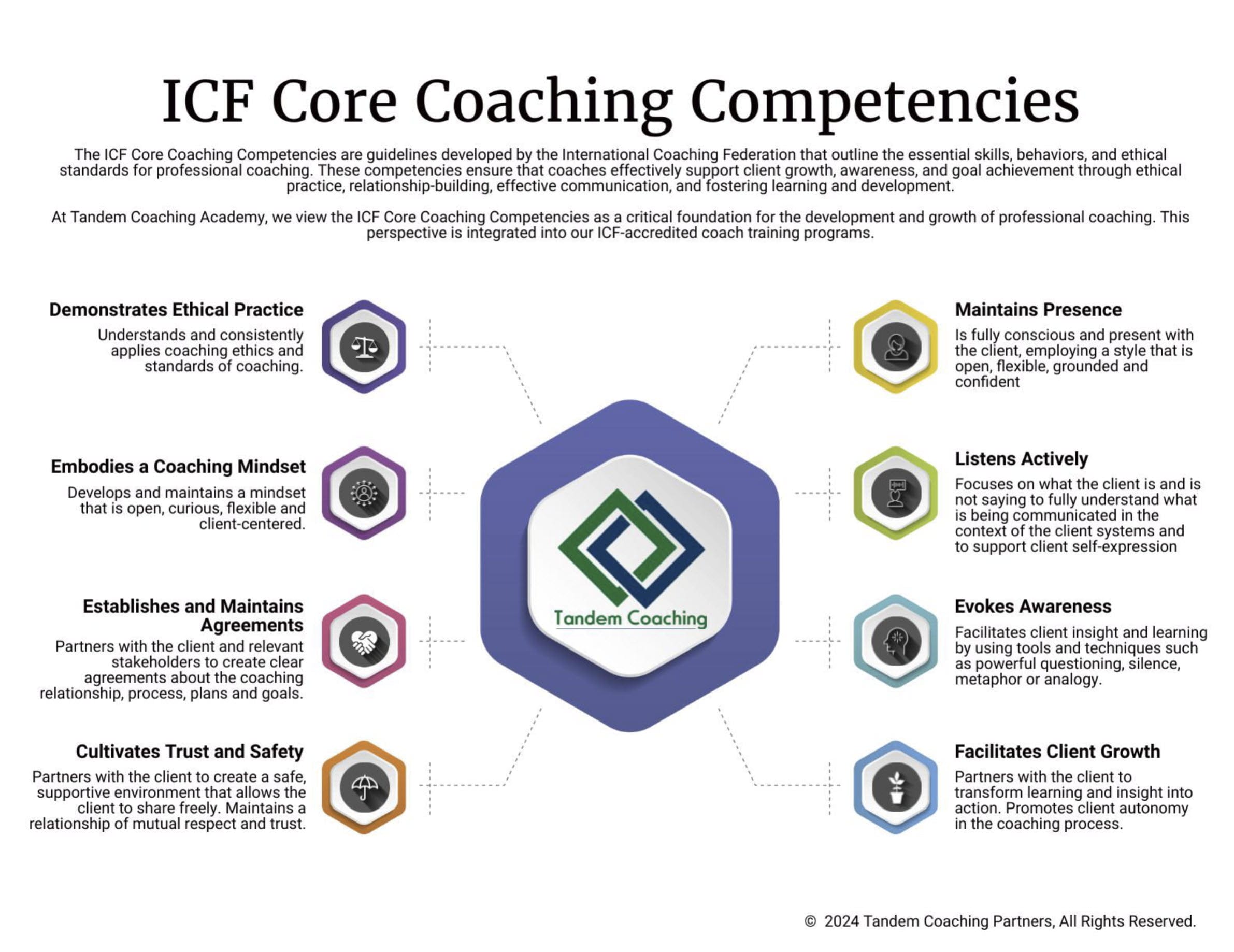Hi, Cherie here. In today’s fast-paced agile environments, the ability to listen deeply and effectively is more than a skill—it’s a superpower. As a coach working with individual leaders and executives, I’ve seen firsthand the transformative impact that refined listening skills can have on leadership effectiveness, team dynamics, and organizational agility. Here are four essential listening skills that every agile leader and coach should master:
1. Cultivating Presence: Being fully present is the bedrock of effective coaching. It means being there, both physically and mentally, and creating a space where the coachee feels seen, heard, and understood. This involves managing your emotions, maintaining a non-judgmental stance, and being comfortable with not always having the answers. Presence allows you to engage deeply with the person you’re coaching, fostering a climate of trust and openness.
2. Listening Beyond Words: Active listening involves much more than processing the words that are spoken. It’s about tuning into the tone, pace, volume, and inflection of the speaker. But it goes even deeper—listening to the emotions, energy shifts, and non-verbal cues like facial expressions, body posture, and gestures. This level of listening helps in understanding the full spectrum of the message being communicated, including what’s left unsaid.
3. Global Listening: Global listening extends beyond the individual to the wider system. It involves perceiving the emotional atmosphere, sensing the dynamics within the team or organization, and noticing environmental factors that might be influencing the conversation. This holistic approach allows coaches to identify patterns, themes, and undercurrents that can inform more strategic and empathetic coaching interventions.
4. Reflective Practice: The ability to reflect on what you’ve heard and feed it back to the coachee is crucial. It not only ensures clarity and understanding but also helps the coachee see their thoughts and feelings from a new perspective. Reflective practice can involve summarizing key points, highlighting emotional undertones, and exploring the implications of what’s been shared.
By honing these listening skills, coaches can significantly enhance their ability to support leaders and executives in navigating the complexities of agile transformations. It’s about more than just hearing—it’s about understanding, empathizing, and empowering.
Until next time, Cherie 💚

Unlock Your Coaching Potential with Tandem!
Dive into the essence of effective coaching with our exclusive brochure, meticulously crafted to help you master the ICF Core Coaching Competencies.
"*" indicates required fields
About the Author
Cherie Silas, MCC
She has over 20 years of experience as a corporate leader and uses that background to partner with business executives and their leadership teams to identify and solve their most challenging people, process, and business problems in measurable ways.
















